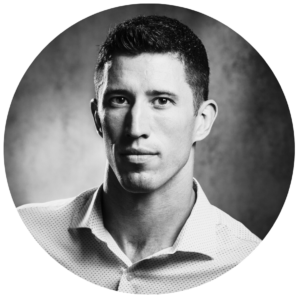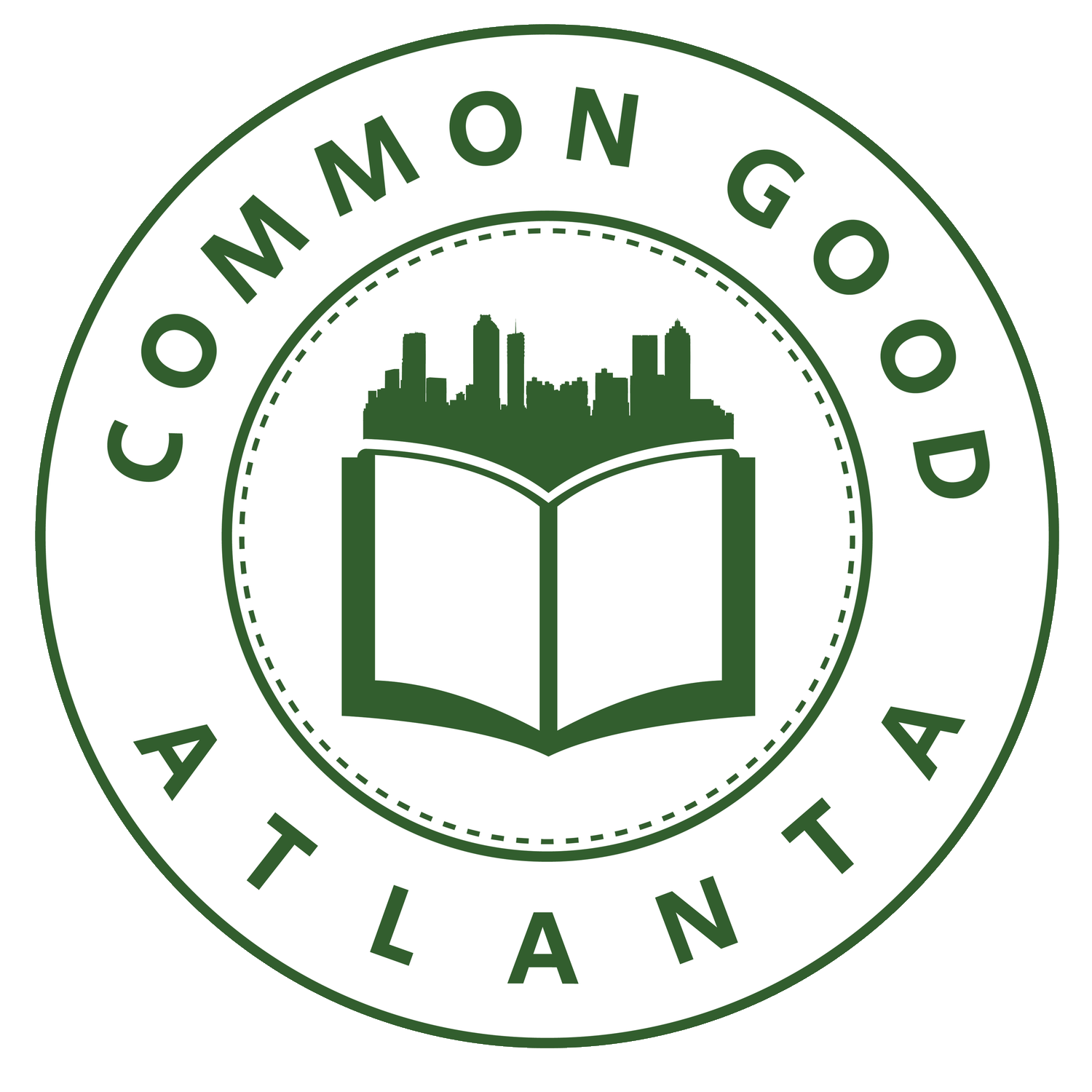New Chapters: Stories of Freedom – Interview with Michael Clark
INTERVIEW WITH MICHAEL CLARK 
- What was your first day out like?
I got home on December 29th, 2019, from Atlanta TC. I remember it was a sunny day, slightly cold given the time of year. My parents came to pick me up that morning. It probably wasn’t as glamorous as most people would expect, only because I was working at a TC, so I got to go home on the weekends for the last six months. It took me a few days to accept that I was free and not going back to prison. It was a weird feeling. Many of my old roommates who had been locked up before would talk about the first day home like it was some great event, and the weight of the world fell off their shoulders. I did not have that experience.
- What activities and events are you getting into currently?
I still enjoy exercising, writing, and reading. Now that it is warm, I will start hiking on occasion. I also like to cook both for meal prep and to relax.
- Are any of these things you wanted to do when you were incarcerated?
The first three are things I did while incarcerated to keep my mind at ease. Hiking is something I wanted to do when I came home because I love the outdoors. Cooking was also something I loved doing before I left. My family always cooked when I was growing up, so it became a pastime for me.
- Have you been able to spend time with your family?
I have, thankfully. We live close to each other, so we see each other frequently.
- How do you spend that time?
We mostly cook and have dinner together. Sometimes, we may go out to small events like concerts or shows. Most often, however, it is easygoing, quality time.
- Have you had any significant obstacles since coming home?
I had a few since coming home. The first serious issue was about six months after I came home; my credit unexpectedly dropped several hundred points in one day. I came to find out that my identity had been stolen and used to open several credit cards while I was gone. Six months after I came home, the cards went to collections, and I had to sort out this identity theft.
- How did you get past these obstacles?
Fortunately, I had my brother and my father’s help. They were both familiar with the process and knew what needed to be done to clear my record. The process was straightforward and time-consuming, but it was eventually sorted out.
- What was a dream vacation you had while incarcerated?
I wanted to go back to my grandparents’ cottage in Canada. When I was gone, they made many renovations and added a new level, completely different from how I remember it. I always wanted to get a chance to see it when I came home.
- People on the inside who have been locked up before talk about a glow that surrounds them when they come home. Did you feel that?
I did not. It took me about a year or so before I felt comfortable enough to meet new people and go out in social settings. I never had a moment when people said I had a glow about me. I eventually opened up more and could hide my past better, but there was no singular moment when it happened. It was more like a series of moments where I finally got comfortable in my skin again. Part of the issue is that I could not mentally overcome my recent past, so that was all I could think to talk about to anyone. It was all I knew for 7 years. I felt comfortable enough to speak once I had enough memories under my belt outside of prison.
- When did you finally feel like you were ‘home’?
There was a moment on one of my first vacations when I felt a sense of what it meant to have freedom. It was the first time I went on a vacation to Nashville with my girlfriend. We were away from home on our own in a new city. The combination of being that far from home without a close family member in a foreign place was a weird collage of feeling exposed but also grateful to be doing something fun and unexpected without feeling worried.
- Goal setting has always been a way to focus your mind in hard times. What were some goals you set for yourself while incarcerated? What were some goals you established for when you came home?
Many of my goals when I was incarcerated were related to exercise and physical feats. It was easy to focus on and one of the few things I could control, despite whatever circumstance I was put in. It was also a great mental distraction from everything. Other goals I had behind the wall pertained to doing classes I found interesting. There were only two classes I had access to that interested me. One was an auto mechanic class; the other was woodworking. Unfortunately, I could not get into woodworking because I got transferred.
When I came home, my first big goal, besides physical goals, was finishing my college degree. I am currently in school, slowly finishing my degree. Only because of Common Good could I get into college with a record. All the staff members involved were a tremendous help in getting me accepted.
- How did you find Common Good of Atlanta?
A good friend I met while incarcerated introduced me to the program and said I should join.
- What kept you drawn to the program? The first class I took was an art history class. I am not an art person, but this class was different because it got me thinking and forced me to find my voice and opinion. That concept vanished while I was incarcerated. This class was another step to reclaiming that sense of freedom after coming home. I had several revelations because of this class, some of which had nothing to do with the class itself. No one realizes how much of your identity is “lost” while incarcerated. If the individuals who are incarcerated are not aware of it, surely our friends and family are not either. Common Good was the first major step for me in realizing that it was an issue while providing tools to help reclaim that sense of self through the classes and thoughtful discussions.
- What have you gained from the time spent in this community? Aside from finding my voice and my sense of self through literature, I have also found a community that is not my immediate family. After being involved for four-plus years, I consider them a family. It still amazes me how you can find such a close-knit community among people you once considered strangers.
- Was education important to you growing up? Did it become more important to you while incarcerated? Yes. Ironically, I lost interest while I was in college. I got burned out for several reasons. Now, I am focused on learning more and finishing my degree. I found the importance of education while incarcerated through a series of observations. One was that because of my past education, I got better details. It was a fortuitous situation I was unaware of until one of the teachers I worked for told me. Another reason is that you see people who do not have much education and how much that impacts their ability to get a job, get a promotion, and get ahead, aside from base-level employment and careers. The correlation between low education and incarceration rates is substantial. I saw education as the key to staying out of prison.
- What is one thing you learned while incarcerated?
If I were to dive into it, there would be a novel number of things I learned, both academically and practically. One big lesson I learned was how to humble myself in tense situations. In prison, there is more than ample opportunity to get into a fight every single day if you want to. I, along with most people, want to go home. I tried to put myself in the best conditions possible while in prison. That meant I wanted to get to the easiest going camps closest to home. It is hard to get there if you are perpetually fighting, in trouble, doing things you weren’t supposed to, and catching the officers’ attention. Humility comes into play, especially in tense situations when someone starts a fight or is rude and disrespectful. Having been in the hole during the summer, where it is 23 and 1, you quickly realize you never want to be there again. It was humility gained through hard lessons.
- Did that help you grow as a person? Yes.
- Have you found a new sense of purpose since coming home?
Aside from setting daily goals and wanting to achieve a higher potential, the one thing that has called to me is helping people return home. Having gone through that, I understand how hard that transition can be. That also transcends prison, too. The obstacles people go through may differ, but experiencing hardship and the mental fortitude it takes to overcome it is universal. Finding that overlap through hardship and trying to help people through their struggles has been a soft goal of mine as of late.
- What is something you would want readers to know about you that does not pertain to prison?
I have an abnormally large sweet tooth, and ice cream is my biggest indulgence.

